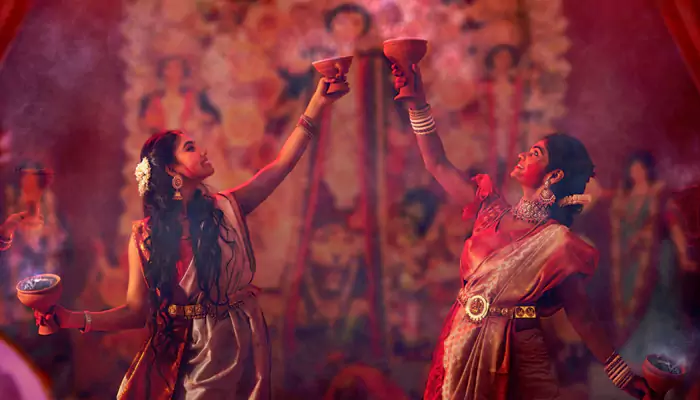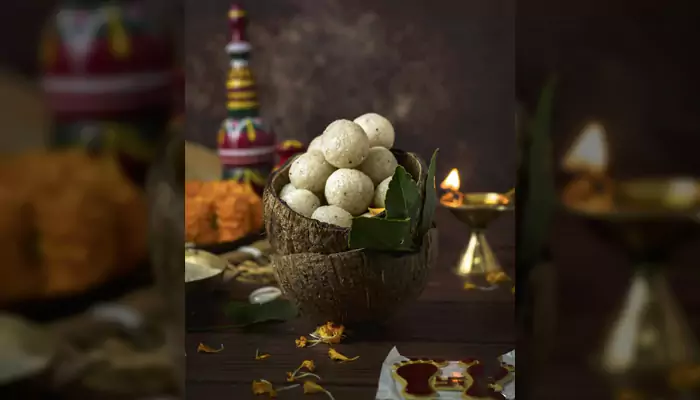Dussehra 2025: How Different States of India Bring the Festival to Life
- Sayan Guha
- 4 months ago
- 4 minutes read
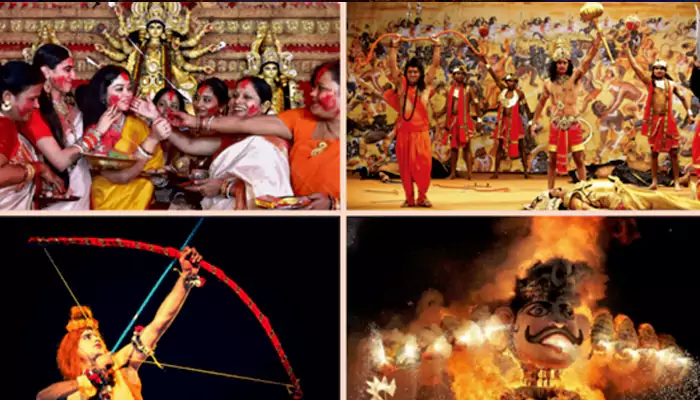
From fiery effigies in Delhi to flower-stacked altars in Hyderabad, every corner of India tells its own story of good conquering evil
It begins with the drumbeats. Streets throb with colour, incense smoke curls into the sky, and across India, millions gather to celebrate the timeless victory of light over darkness. On 2nd October 2025, Dussehra will once again unfold in ways as diverse as the country itself—royal, rustic, theatrical, and deeply devotional. Here’s how different states bring this festival to life.

Credit: tnhglobal
Kolkata’s Durga Pujo – the city of joy in overdrive
If there’s one place where Dussehra assumes a cosmic dimension, it’s Kolkata. Here, the festival becomes Durga Pujo, a symphony of sprawling pandals, clay idols adorned in regal finery, and the resonant beat of dhaak drums. Families throng the streets day and night, pandal-hopping as if on a cultural pilgrimage. For many, it’s not merely worship—it’s a celebration of Bengal’s art, theatre, and identity.

Credit: Shopify
Mysore Dasara – grandeur fit for a queen
In Mysuru, Dasara is more than just a festival—it’s a display of statecraft in full splendour. The famed Mysore Palace shines with 100,000 lights, while the royal family oversees processions rich in tradition. The centrepiece, Jumbo Savari, features the idol of Goddess Chamundeshwari carried on a golden howdah atop a decorated elephant, accompanied by dancers, cavalry, and musicians. The spectacle feels like history marching through the streets.

Credit: travelandleisureasia
Ahmedabad’s Garba Nights – devotion through dance
In Gujarat, Dussehra flows effortlessly into the nine nights of Navratri, during which thousands whirl and sway in concentric circles of Garba. The dance floor becomes a sacred space, with men in embroidered kedias and women in shimmering lehenga cholis moving to ancient folk rhythms until dawn. It is a celebration as prayer, a form of surrender to the Goddess through pure movement.

Credit: Outlook
Kullu Dussehra – Gods in procession
In the Himalayan valley of Kullu, Dussehra extends not just one day but an entire week. Villages carry their local deities on palanquins to the Dhalpur Maidan, forming a grand divine gathering with Lord Raghunath at the centre. Bonfires illuminate the Beas River as effigies of Lanka are burned, with the mountains reverberating with conches and chants. It serves as a reminder that in Himachal, the gods still walk amongst the people.

Credit: easemytrip
Delhi Dussehra – fireworks in the capital
India’s capital bursts into the theatre during Dussehra. In its neighbourhoods, Ram Leelas—vivid retellings of the Ramayana—are performed in open spaces. On Vijayadashami night, enormous effigies of Ravana, Kumbhakarna, and Meghnad are burnt amidst fireworks, lighting up the sky. Delhi’s diversity means you’ll see both traditional North Indian customs and Bengali-style pandals in full splendour.

Credit: YouTube
Punjab’s Jagraatas – nights of song and faith
Punjab’s Dussehra embodies a devotional spirit. Families fast during Navratri, then gather for all-night Jagraats, where hymns echo until dawn. On Ashtami, young girls are honoured as incarnations of the Goddess in the Kanjak ritual, a tradition steeped in simplicity and reverence. The festival here is less about spectacle and more about spirit.

Credit: deccanchronicle
Hyderabad’s Bathukamma – flowers in full bloom
In Telangana, Dussehra is uniquely celebrated through Bathukamma, a floral festival where women craft stunning, tiered displays of seasonal flowers. As they dance around them, they sing songs invoking Goddess Gauri. Bathukamma is both earthy and poetic—a tribute to nature, fertility, and feminine strength.

Credit: GOVI
Bastar Dussehra – India’s longest festival
Perhaps the most extraordinary is Bastar Dussehra in Chhattisgarh, a 75-day journey unlike any other. Here, the tribals honour Devi Danteshwari with rituals ranging from torchlit processions to nocturnal fairs. It is not about burning Ravana but about reaffirming connections to the forest, the soil, and the ancestral gods—a celebration rooted in an older rhythm of life.

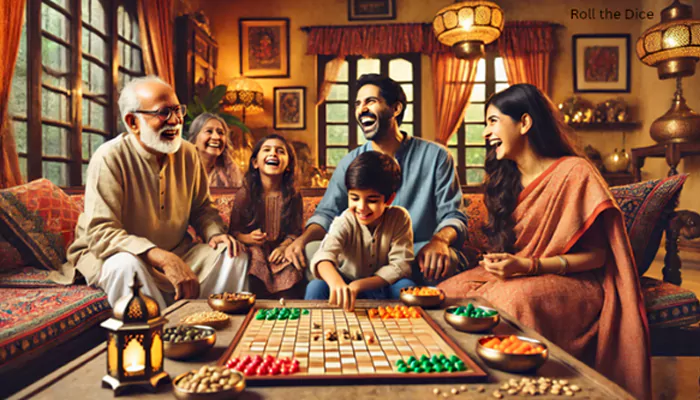
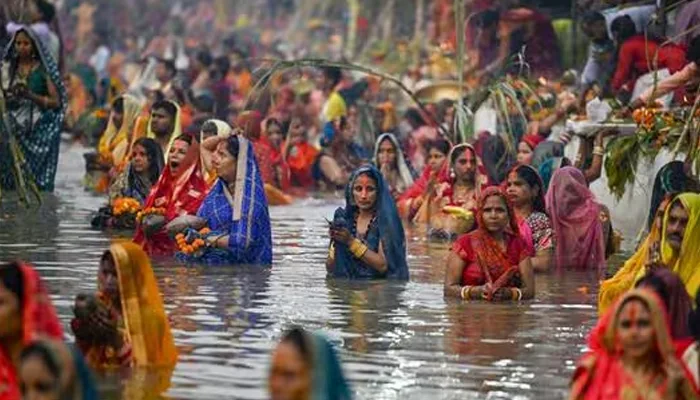
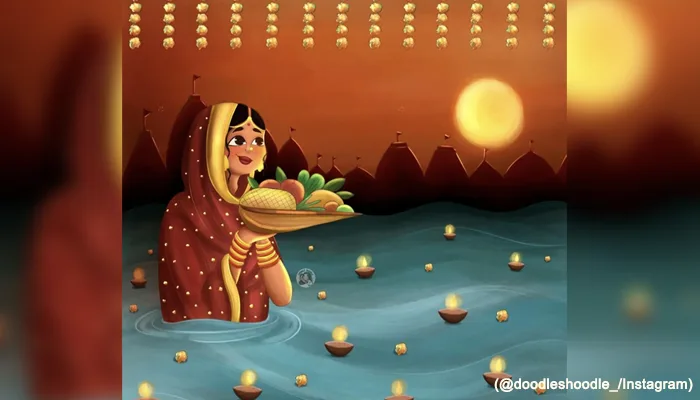
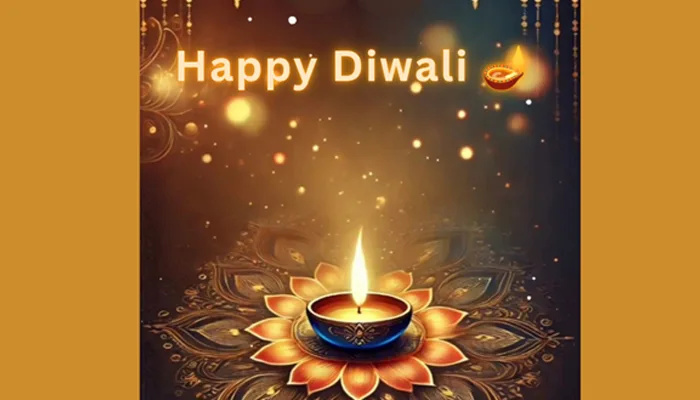
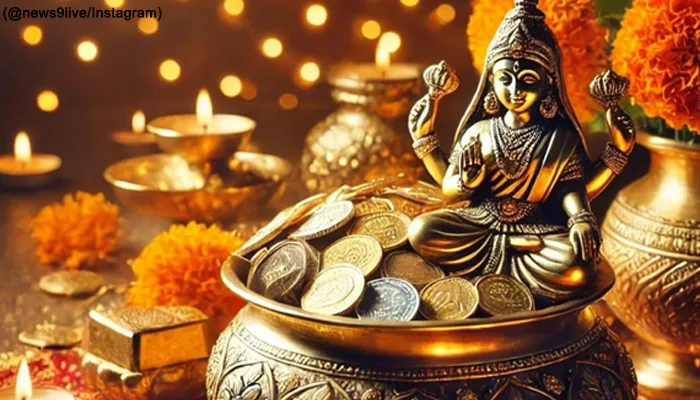
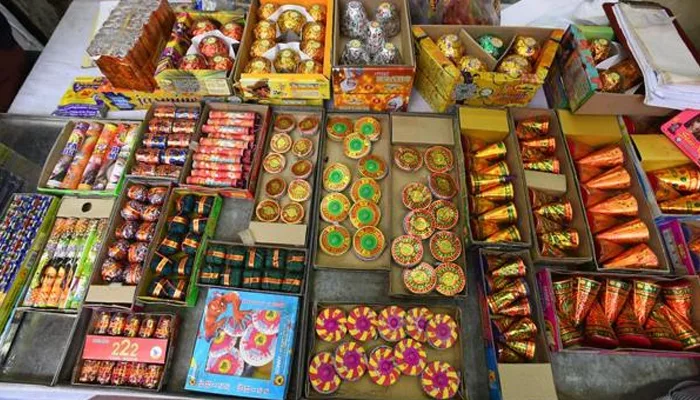
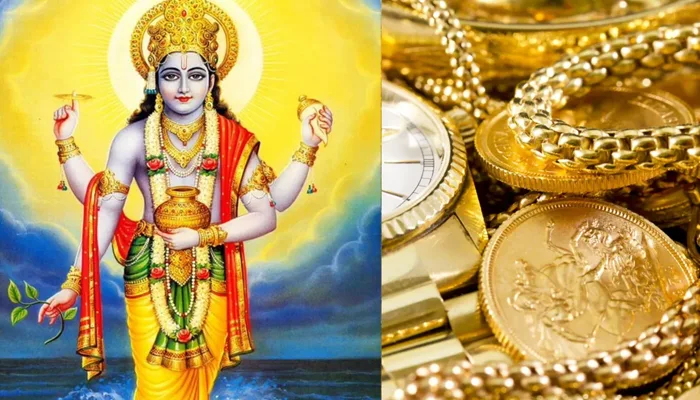
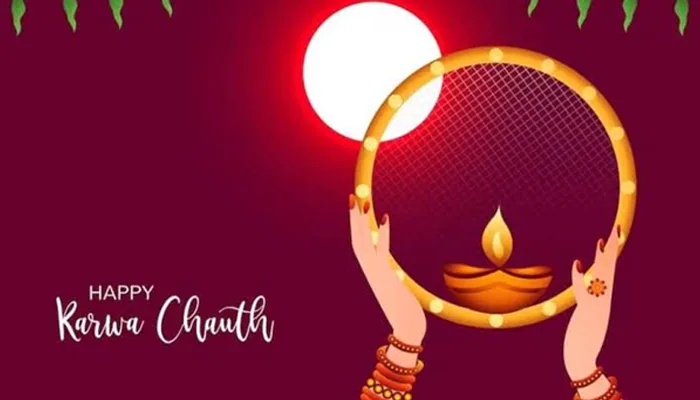
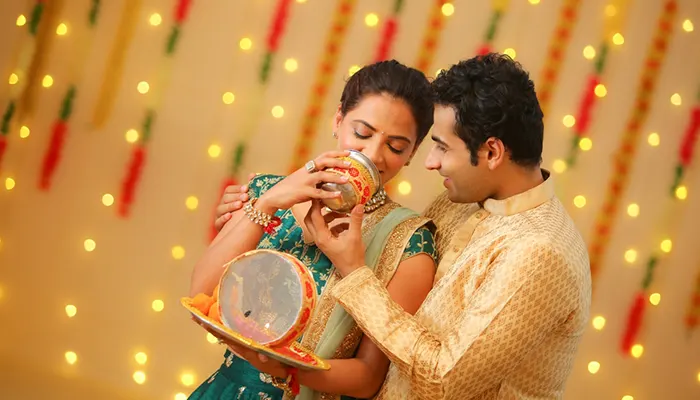
.webp)
